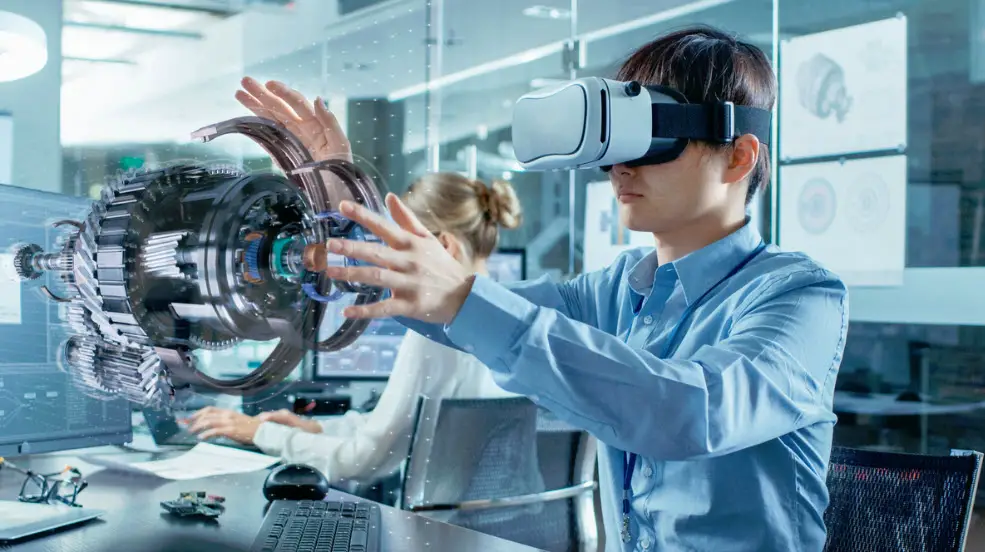Virtual reality is eventually finding its way into an extensive range of applications and isn’t just meant for game development and design services anymore.
Sure, VR has made a dent in gaming; its actual value is in the industrial and commercial environment. Light-weight goggles, improved graphics, and better software with low cost make VR ubiquitous solutions across several areas.
Over the last few months, amazing technological advances along with a seismic shift in the healthcare sectors are opening doors to its effectiveness in clinical use. The technology is being studied as the treatment modality for a broad spectrum of health-related problems, including treating psychiatric conditions, reducing acute pain, and offering cognitive training in people with neurological disorders.
Let’s take a look at how virtual reality is impacting different fields.
Page Table of Contents
Training
VR development services let training be more interactive and put users in situations that might otherwise be hard or unsafe to replicate in the actual world. Often, training consists of PowerPoint presentations and books with little or not on the job training.
Royal Innovative Solutions is a company working to bring VR to the highways. The VR training solutions they are using are targeting highway safety and help with construction. This reduces the loss of time from all types of injuries. It can also minimize litigation costs associated with working in a hazardous environment. In a training environment, a combination of 3D animation and VR is used. The VR approach improves learning and retention power.
Healthcare
A useful framework to understand VR application has been proposed in health and medication by Albert’ Skip’ Rizzo, Ph.D. scholar of the University and one of the field leaders. Dr. Rizzo has organized applications into broader categories based on the underlying effects that include:
Distract and Expose
VR distracts and redirects attention away from painful stimuli like traumatic thoughts, pain, or fears. This lets the patient spend time with calming activities such as strolling in the woods, relaxing on your preferred beach, and watching a memorable sunset. It can also serve as efficacious graduated exposure therapy for certain phobias, addiction recovery, and treating post-traumatic stress.
Measure and Motivate
VR technology can motivate patients to participate in rehabilitation therapy through technology that is quite similar to the ones used for creating games. Thus, it makes the treatment process interactive and fun. VR also allows the analytical measurement to be improved with real-time sensors for measuring limb movement, gaze, and head position.
Engage
Since VR easily captures one’s focus and attention in a way that television, book, or computer screen cannot, it is an effective tool for learning by creating a unique situation. Patients can take a virtual tour of the human body to learn how high blood pressure can damage the blood or how smoking can destroy the lung’s delicate cilia.
Manufacturing
VR creates visualizations. For example, it can visualize how far a worker needs to reach to operate machines and let workers have constructive feedback for the designers. Hence, it can be used extensively in the field of manufacturing. Also, VR enables virtual training to reduce any health risk related to the job, like equipment rotating at a higher speed or hazardous chemicals.
Travel
VR technology has set foot in the travel industry as well. Cruise companies will soon take 360-degree videos and photos of the ships letting their prospective customer take VR tours prior to booking.
Bottom Line
The first obvious case for VR is gaming. However, consumer VR might take off in time to come because a large number of industries from real estate to reveal are about to embrace it.
Virtual reality is still in the development stage, and it is true that it is going to be adopted widely by techies and gamers first. However, as more low-cost headsets are introduced into the market, and various industries embrace the technology, VR is going to be drawn into the consumer market much faster than you can expect. Ultimately, VR will deliver a more immersive computing experience that is available in the present times.






